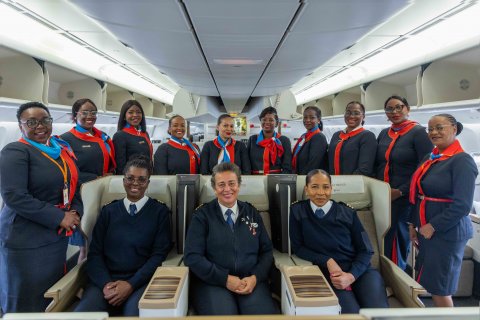The dissatisfaction was expressed by the president of ABPA, Ricardo João Santin, considering that the import of chicken derivatives "is complementary" and has a "seal of quality".
"Angola is recovering, we see the return of growth, it needs to generate jobs, but it also needs to guarantee food on people's tables, which is why we also came here to protest against the law that prohibits the import of some parts and giblets of poultry", the official told Lusa.
According to the president of ABPA, which represents poultry, pork, egg and genetic material proteins produced in the South American country, it is false that his country does not consume chicken parts, guaranteeing that the back, gizzards and others are part of the Brazilian diet.
Brazil and Angola "have very similar eating habits and we see no technical justification for not being able to export chicken or beef giblets".
It is important to put an end to "any kind of protectionism", he stated, urging the Angolan authorities, who, according to Ricardo João Santin, have banned the import of Brazilian chicken cuts or derivatives since last April, to review their decision.
Speaking at the Agro Brazil-Angola Business Forum in Luanda, during the visit of the Brazilian Minister of State for Agriculture and Livestock to Angola, Santin stressed that more than 150 countries in the world attest to the quality of Brazilian meat.
He noted that his country is the largest exporter of poultry and beef in the world and the fourth largest exporter of pork, and that it is therefore "inspected daily" by more than 150 countries, the destination of its exports.
The president of ABPA asked the government to "review the rules that prohibit the import" of chicken giblets, wing tips, backs, chicken necks and turkeys, "which is a type of food that is made in Brazil", he insisted.
The consumption of chicken products in Angola has become a staple food for many families, especially in recent years, as it is affordable, given the low incomes of many, who resort to "partnerships" – an informal arrangement for paying for products in installments.
In May 2023, the then national director of Foreign Trade, Augusta Fortes, quoted by Rádio Nacional de Angola, announced that chicken importers had been instructed to provide a specific description of the goods to be imported and to "discontinue importing products that harm the morale of the population, such as chicken heads, chicken carcasses, chicken tails".
Ricardo João Santin also lamented the high unemployment rate in Angola, which, as he said, contrasts with Brazil, where there is a shortage of workers in the agricultural and livestock sector, which currently has 20,000 open jobs.
To overcome the labor shortage in the poultry and swine sector, he explained, ABPA is developing a program to encourage modernization and innovation to put robots into operation in the sector.
"Our partnership (with Angola) is about food security and we do this with more than 150 countries around the world. We need to offer the population access to all types of protein. Governments must leave it open for the population to have access to nutrients," he urged.
Brazil exports between 35 and 40 thousand tons of meat to Angola every year, according to data from ABPA, which brings together more than 140 members, including companies and cooperatives linked to agribusiness.







